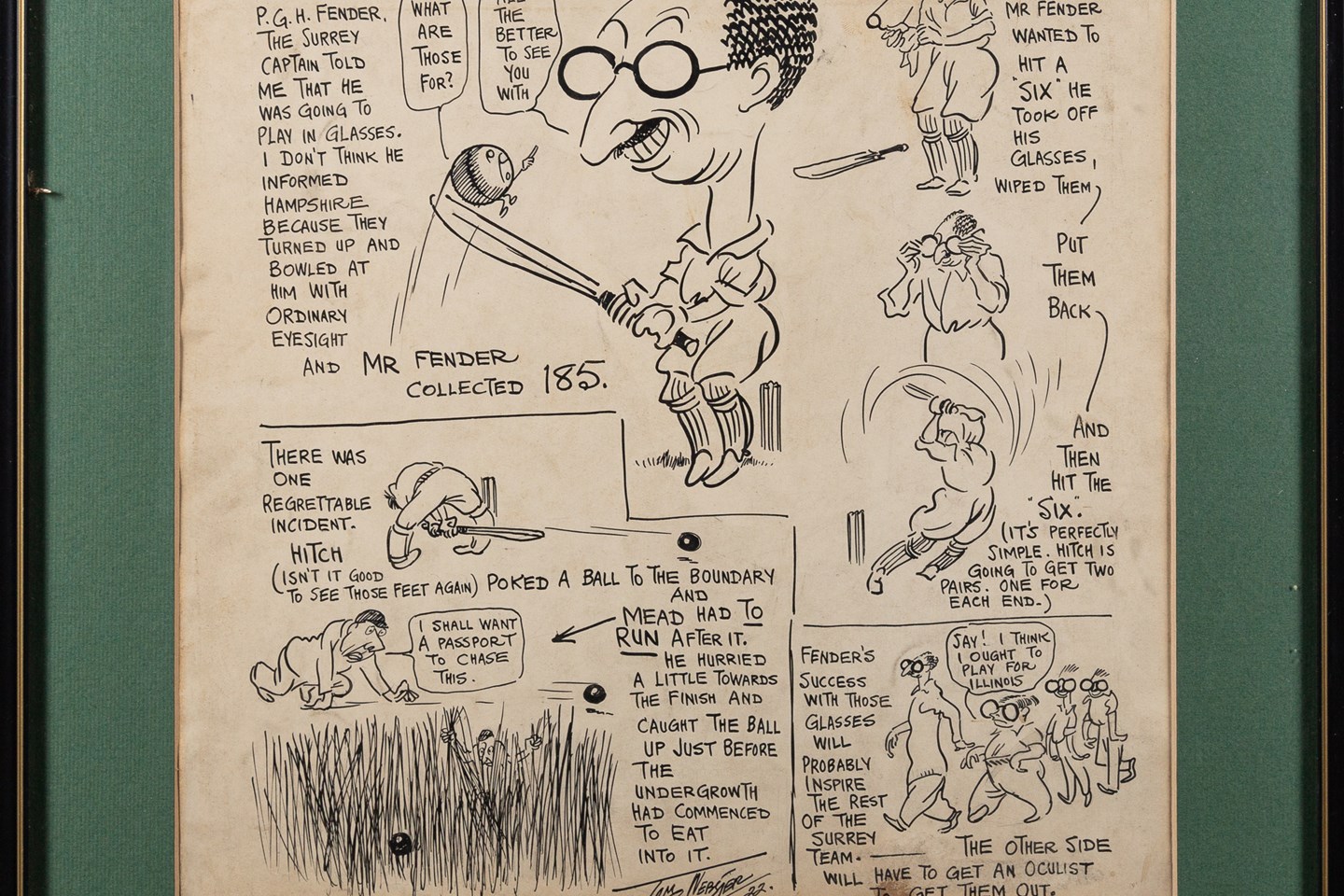.jpg)
A Champion's Bristol porcelain teapot circa 1770-75 (FS17/41)
Nearly every English porcelain manufactory had its roots in secrecy and sleight of hand though Richard Champion’s Bristol concern seems to have been straightforward in its conception. As early as 1765 he expressed a working interest in hard paste porcelain and was an intermediary in sending the legendary unaker or Cherokee clay to Worcester – although that did not result in any viable porcelain.
.jpg)
A Champion's Bristol porcelain trio from the Ludlow service circa 1775-80 (FS17/52)
However, in 1770 after the relative failure of Cookworthy’s concern they joined forces forming ‘The Plymouth New Invented Porcelain Manufactory’ (in Bristol) - a sensible business decision surprisingly free of subterfuge, with Cookworthy transferring his patent to Champion in 1774. Wishing to protect his investment he sought to extend the period of his patent which was due to expire in 1782 – the application was met with fierce opposition by the trade and particularly Josiah Wedgwood who slated his competitors ability and knowledge. Eventually the extension was granted after much rancorous argument.
.jpg)
A Champion's Bristol porcelain mug circa 1770-75 (FS17/54)
Unfortunately it was not the panacea he had hoped for. Despite Wedgwood’s ‘bad mouthing’ Champion did manage to make some exceptionally good hard paste porcelain before personal finance got the better of him. The ‘trade’ eventually won buying much of his remaining stock at knock down prices on 28th February 1780 – with the patent sold on to New Hall in Staffordshire two years later.
.jpg)
A New Hall porcelain cream jug circa 1785 (FS17/605)


.jpg)
.jpg)
.jpg)
.jpg)


